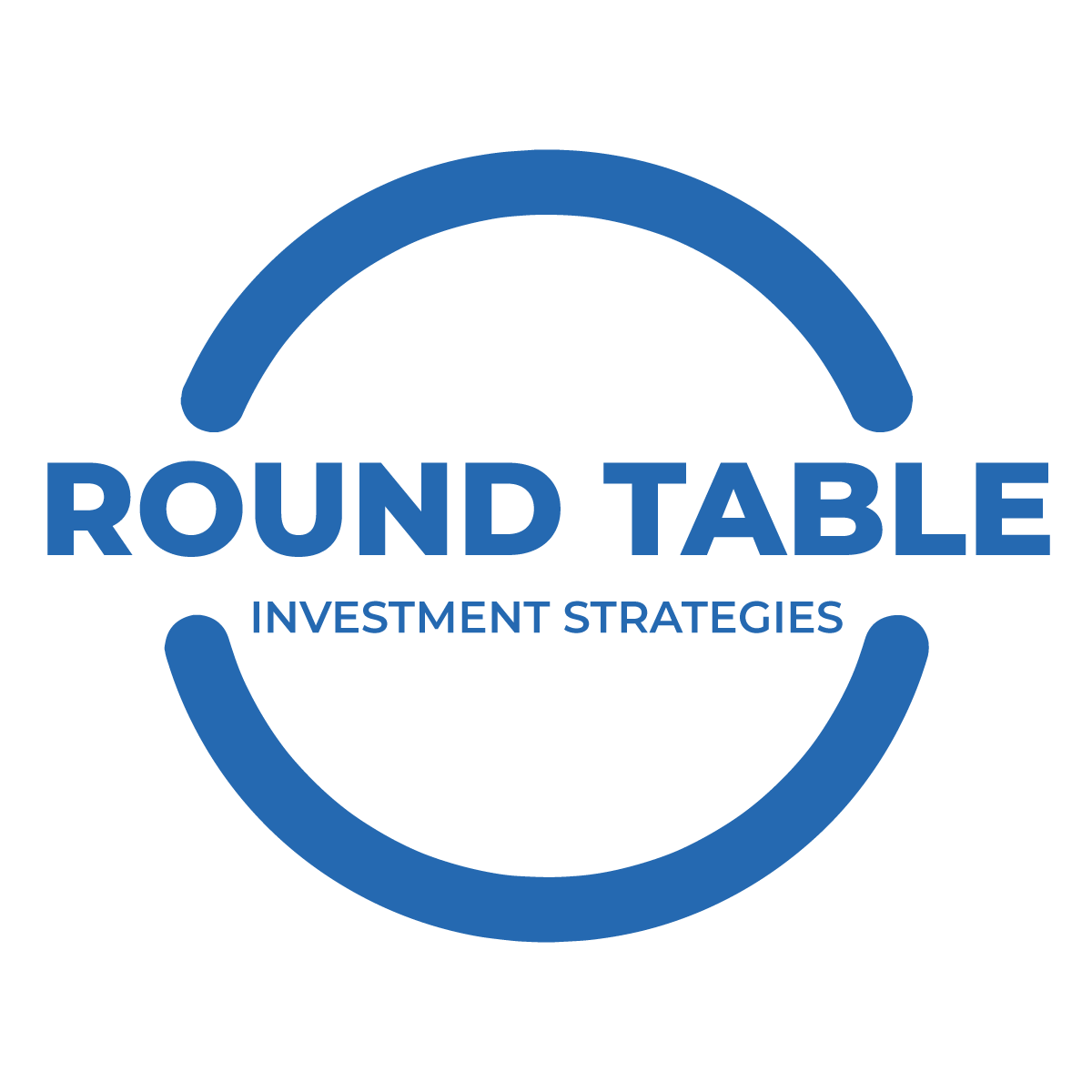The fifth and final installment of my “Long-Horizon Investing” series is now published on Advisor Perspectives (VettaFi). The focus of the final article is the longest-horizon investing most individuals ever do: Investing *for* retirement *before* retirement.
Often you’ll hear discussion of the “accumulation” (pre-retirement) phase and the “decumulation” (retirement) phase of the investment lifecycle, as though there’s a major break in how you should invest once you retire. The optimal reality is far different and looks more like a spectrum, wherein the maximum sensitivity to market risk occurs at the time of retirement and grows less the further you move in either direction.
Post-retirement, risk sensitivity decreases as time passes because there are fewer and fewer remaining years of life to support, as was discussed in Part 4 of this series. Pre-retirement, risk sensitivity decreases the younger you are, primarily due to “human capital,” which is the present value of future savings from earnings. “Optionality”–the ability to modify the investment plan as circumstances change–adds flexibility pre-retirement as well.
These topics and more are discussed in depth in “Long-Horizon Investing, Part 5: Real-Life Applications Pre-Retirement.”
Finally, my thanks again to Joe Tomlinson and Michael Finke for their analytical and editorial aid with this series. Even just reading all the article drafts was a big undertaking, and I’m grateful for their willingness to help and for the significant improvements to the final product that resulted.
DISCLOSURES: All content is provided solely for informational purposes and should not be considered an offer, or a solicitation of an offer, to buy or sell any particular security, product, or service. Round Table Investment Strategies (Round Table) does not offer specific investment recommendations in this presentation. This article should not be considered a comprehensive review or analysis of the topics discussed in the article. Investing involves risks, including possible loss of principal. Despite efforts to be accurate and current, this article may contain out-of-date information; Round Table will not be under an obligation to advise of any subsequent changes related to the topics discussed in this article. Round Table is not an attorney or accountant and does not provide legal, tax or accounting advice. This article is impersonal and does not take into account individual circumstances. An individual should not make personal financial or investment decisions based solely upon this article. This article is not a substitute for or the same as a consultation with an investment adviser in a one-on-one context whereby all the facts of the individual’s situation can be considered in their entirety and the investment adviser can provide individualized investment advice or a customized financial plan.
